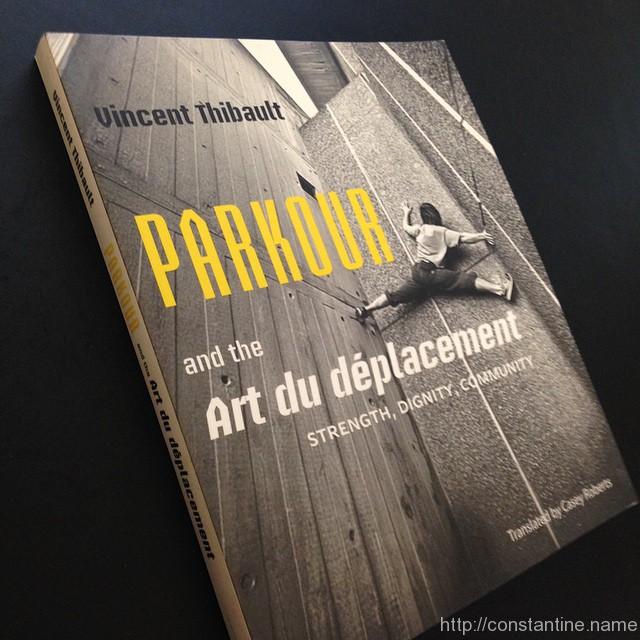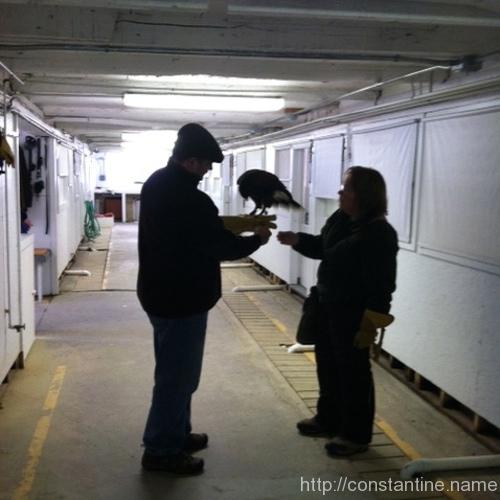In short, stop optimizing for today or tomorrow and start playing the long game. That means being less efficient in the short term but more effective in the long term. [… I]f you play the long game you stop optimizing and start thinking ahead to the second-order consequences of your decisions.
~ Shane Parrish from, 10 Principles to Live an Antifragile Life
Fundamentally, we humans and our lives are not mathematically tidy.
Aside: I had a math course once—I can’t even remember the material—and the professor said, “it’s a very subtle point that mathematics should model and predict reality.” …or something to that effect. It was mind-bending; but math is part of reality so why wouldn’t reality model itself? *smoke-emits-from-my-ears* The scene, the room, the lighting, everything are burned into my brain.
Heuristics are always and in all cases true but sort of false, because they are imperfect. But the purpose of heuristics is to enable us to wrap our meager brains around the vastly complicated universe. Maths, as in compound interest, exponential growth, 1/r^2 forces, and Fourier transformations, provide models of reality. The comment about second order consequences challenges us to dig deeper into our heuristics, (which are otherwise known more generally as “models.”)
I’ve said this before, here on the blog and out loud: Have you intentionally created the models you have of the world?
ɕ

